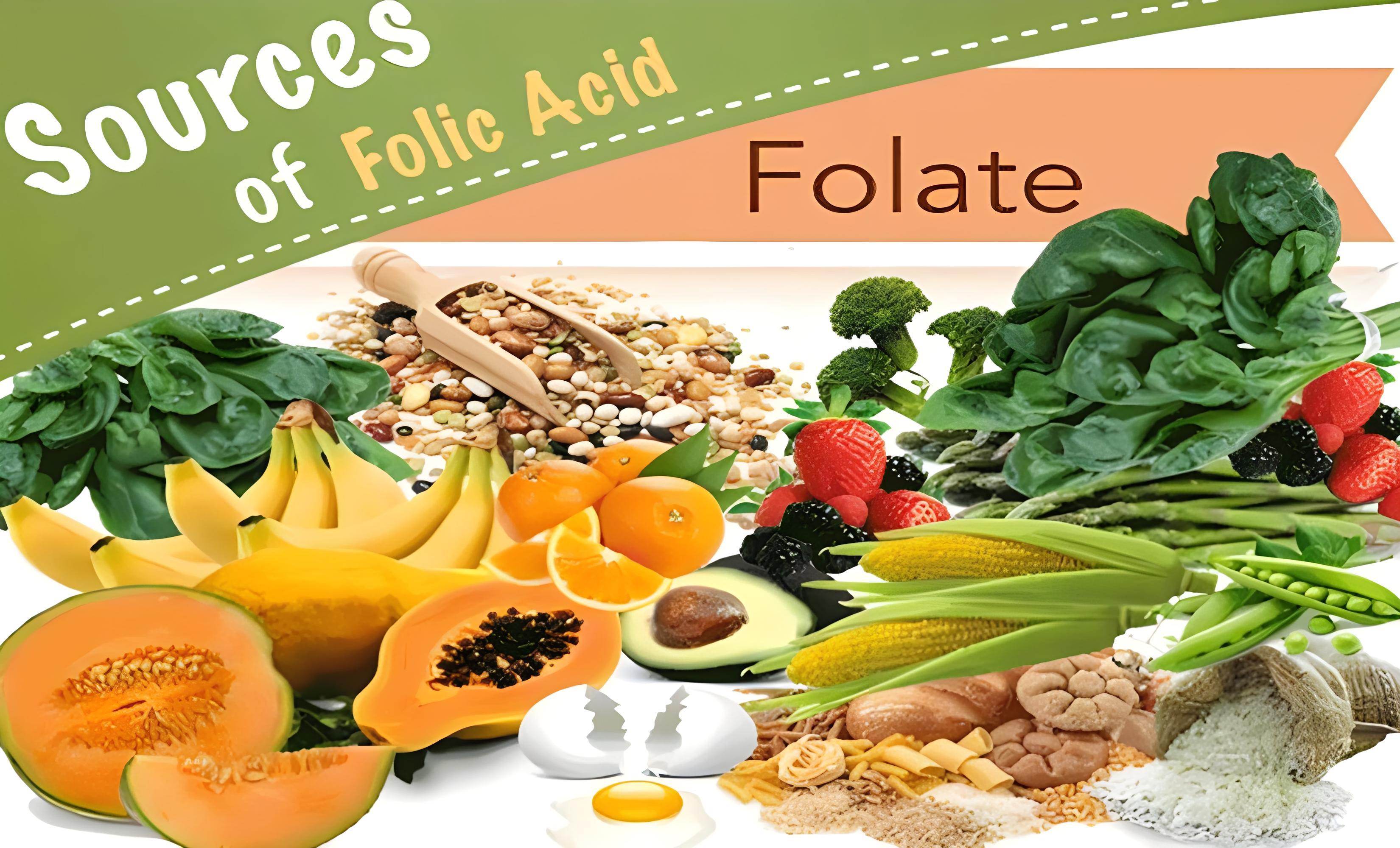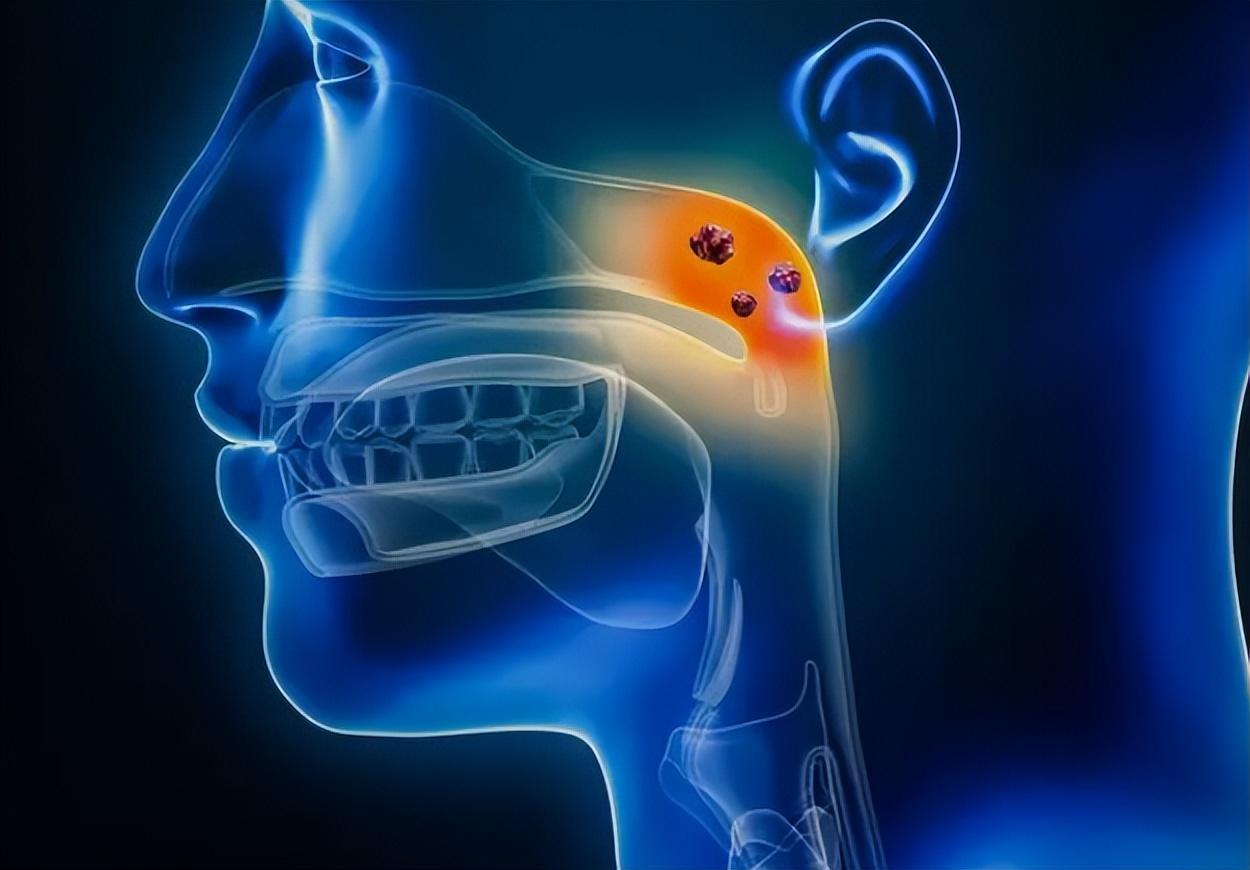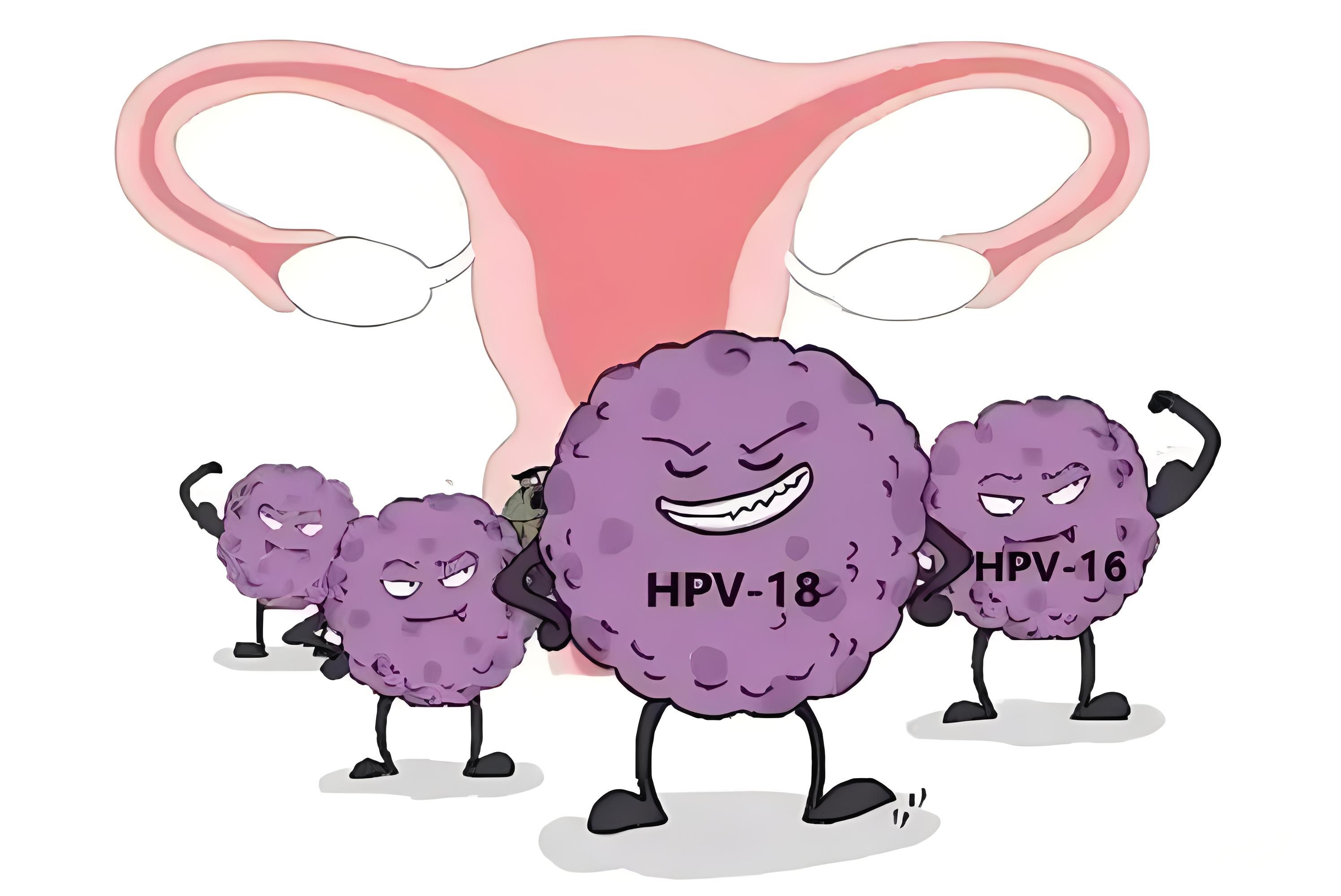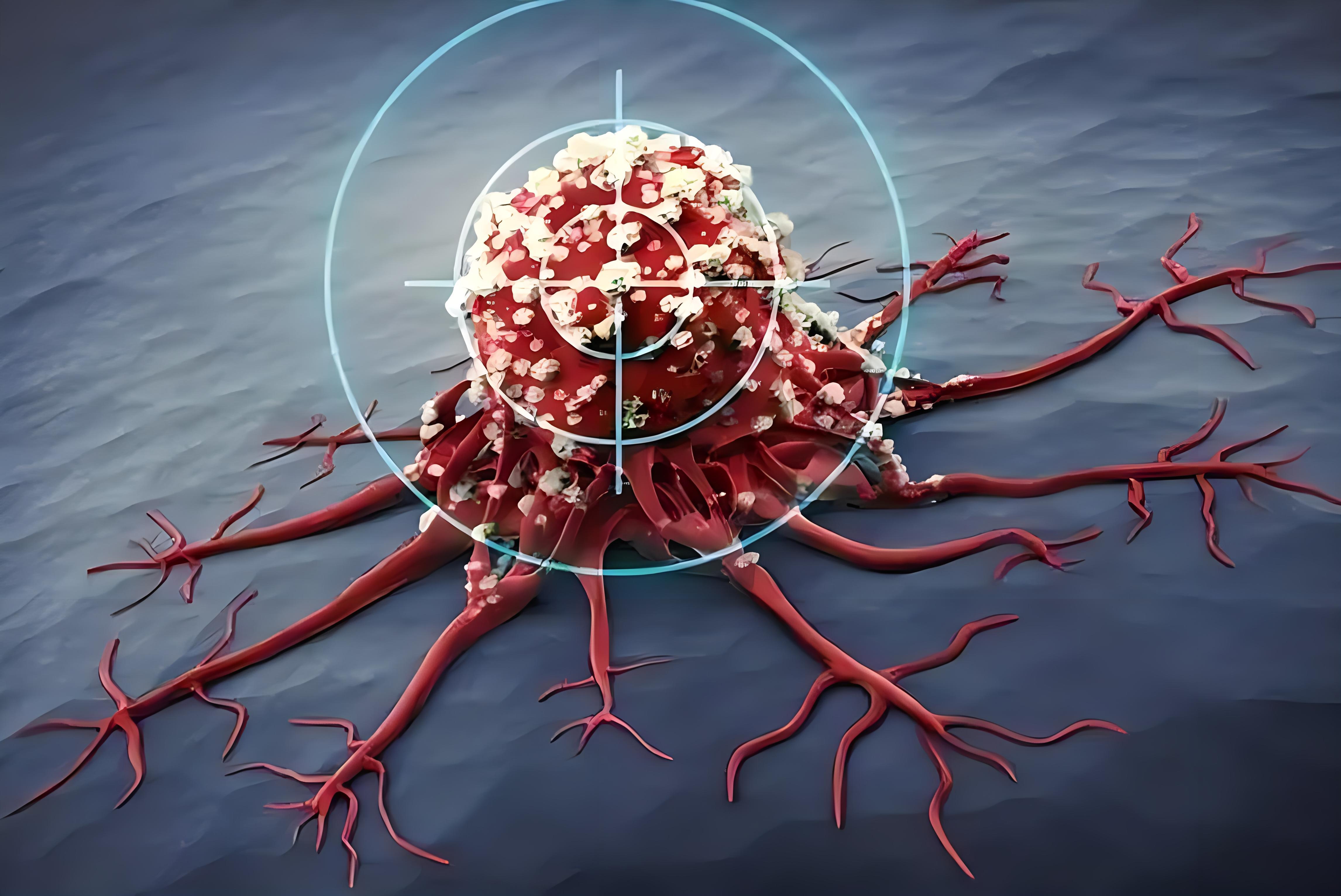The main vitamins discovered in medicine now include:
Vitamin A:
Maintain normal vision, prevent night blindness, maintain healthy epithelial tissue, promote growth and development, increase resistance to infectious diseases, prevent and treat dry eye disease, prevent cancer, maintain normal mucosal function, enhance resistance, maintain normal bone and tooth development, and make skin smooth and tender.
Vitamin B1:
Maintain normal functions in circulation, digestion, nerves, and muscles, and maintain normal activity of the heart and brain; Adjusting the function of the gastrointestinal tract, forming coenzymes of decarboxylase, participating in sugar metabolism, can prevent beriberi, and enhance children's learning ability; Prevent malnutrition related beriberi.
Vitamin B2:
Also known as riboflavin. Nucleotide is a component of many important coenzymes in the body, which can transfer hydrogen during material metabolism. It is also an essential substance for protein, sugar, fatty acid metabolism, energy utilization, and composition. Can promote growth and development, maintain the health of the oral and digestive mucosa; Can correct and maintain eye vision, prevent cataracts; Protect the health of eyes and skin, and prevent rough skin.
Vitamin B3:
Also known as niacin or vitamin PP, it helps maintain skin health; Lowering blood pressure and maintaining blood circulation; Helps the nervous system to function normally, plays a role in transmitting hydrogen during cellular physiological oxidation, and has the effect of preventing and treating leprosy.
Vitamin B5:
Also known as pantothenic acid. Participate in the production of antibodies to enhance immunity; Help convert carbohydrates, fats, and proteins into energy, resist stress, cold, infection, prevent the toxicity of certain antibiotics, and eliminate postoperative abdominal distension.
Vitamin B6:
Keep the body and spirit system in a healthy state, play an important role in protein metabolism, treat neurasthenia, dizziness, atherosclerosis, maintain the balance of sodium and potassium in the body, and regulate body fluids; Anti dermatitis, anti hair loss; Participate in the production of red blood cells; Maintain the normal function of insulin.
Vitamin B11:
Also known as folic acid, also known as vitamin M. Participate in the production of red blood cells and white blood cells to prevent anemia; Prevent developmental disorders, graying and early whitening of hair, etc.
Vitamin B12:
Participate in the production of bone marrow red blood cells to prevent pernicious anemia; Prevent damage to brain nerves, combat fatty liver, and promote the storage of vitamin A in the liver; Promote cell development and maturation as well as body metabolism; Treat pernicious anemia.
Vitamin B15:
Also known as pantothyronine. Mainly used for anti fatty liver and improving tissue oxygen metabolism rate. Sometimes used to treat coronary heart disease and chronic alcoholism.
Vitamin B17:
Highly toxic. Some people believe that it has the effect of controlling and preventing cancer.
Aminobenzoic acid:
Among the B vitamins, it is one of the newly discovered vitamins that can be synthesized in the human body.
Vitamin C:
Fighting against free radicals helps prevent cancer; Lowering cholesterol; Enhance the body's immune system; Beneficial for wound healing; Promote the absorption of calcium and iron; Prevent scurvy, connect bones, teeth, and connective tissue structures; There is adhesive function between various cells in the capillary wall; Increase antibodies and enhance resistance; Promote the maturation of red blood cells.
Vitamin D:
Promote the absorption of calcium and phosphorus, aid in the development of children's teeth and bones, and supplement with
























COMMENT